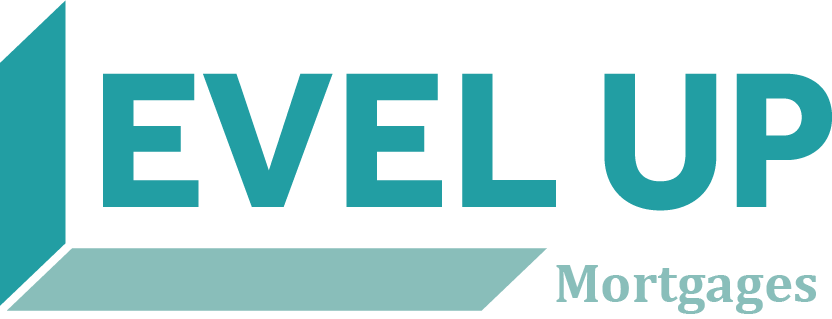The Coronavirus and Mortgage Rates: Is Now the Perfect Time to Buy?
There may be a silver lining of the Coronavirus pandemic when it comes to real estate:
those who are in the market for a new home or investment property may be in for some big savings. Along with the outbreak of COVID-19, we’ve seen variable mortgage rates drop to as low as two percent— which means now could be the perfect time to refinance or purchase a new home. If you’re curious how and why the Coronavirus is affecting the real estate market and what this could mean for you, read on.
Why COVID-19 Has Caused Variable Mortgage Interest Rates to Decline
If you’re new to the real estate world, a variable mortgage rate rises and falls. It fluctuates with the prime mortgage rate, which is the going market rate that banks lend to consumers and businesses at. If you have a mortgage with a variable rate, it will always mirror the prime rate, going up or down at the same amount.
If you have a bigger appetite for risk, having a variable rate mortgage can potentially save you a lot of money— depending on factors that affect the real estate market. For example, at the time of writing, the spread of the Coronavirus has become a global concern. Simultaneously, we’ve seen variable rates start to drop. During the first week of March 2020, the Bank of Canada cut its overnight prime lending rate by half a percentage point to 1.25 percent. Why? To encourage people to continue to borrow and spend, despite the slow down in the economy that the spread of COVID-19 has imminently caused.
The drop in prime rates has variable rates as low as 2.19 percent right now, which can save homeowners a lot of money.
Why COVID-19 Has Caused Fixed Mortgage Rates to Decline
COVID-19’s contagion fear and the slowing down of key industries(such as travel, entertainment, and supply chain) are spiking demand for safe-haven assets, such as bonds— which increases their price and inversely drives down their yield. When there is a higher demand for bonds, they can still attract investors by paying out a lower interest rate yield and thus, bond yields drop.
That said, fixed mortgage rates have also declined since they are considered a slightly riskier asset class and must also drop their yield to keep their usual spread with bonds. Since mortgages are sold in secondary markets as mortgage-backed securities, they will mirror bond yields to stay competitive and also decrease.
The lowest fixed mortgage rates at the time of writing have dropped to 2.29 percent with most institutions. But right now with the Coronavirus outbreak, we’re seeing as low as 1.99 percent being offered.
Should you wait or borrow now?
It’s hard to know if rates will go down any further than they already have. Many argue that now is the time to apply for a mortgage and lock in a lower interest rate before the Coronavirus scare wears off (which of course, would be a good thing for society). According to The Globe and Mail: “Further central bank action could be delivered in April and thus, there is a 67-per-cent chance of a rate cut at the Bank of Canada’s April 15 announcement, based on derivatives trading.”
THE BOTTOM LINE
If you’ve been “just looking around”, it’s a good idea to consider having more urgency in your search. This will ensure you lock in a record low mortgage rate before the market rebounds. The increasing number of home buyers who are taking action on low mortgage rates could drive up home prices and lead to more bidding wars. The longer you wait, the more bidding wars and appreciating properties you run the risk of encountering - especially in Toronto and Vancouver.

